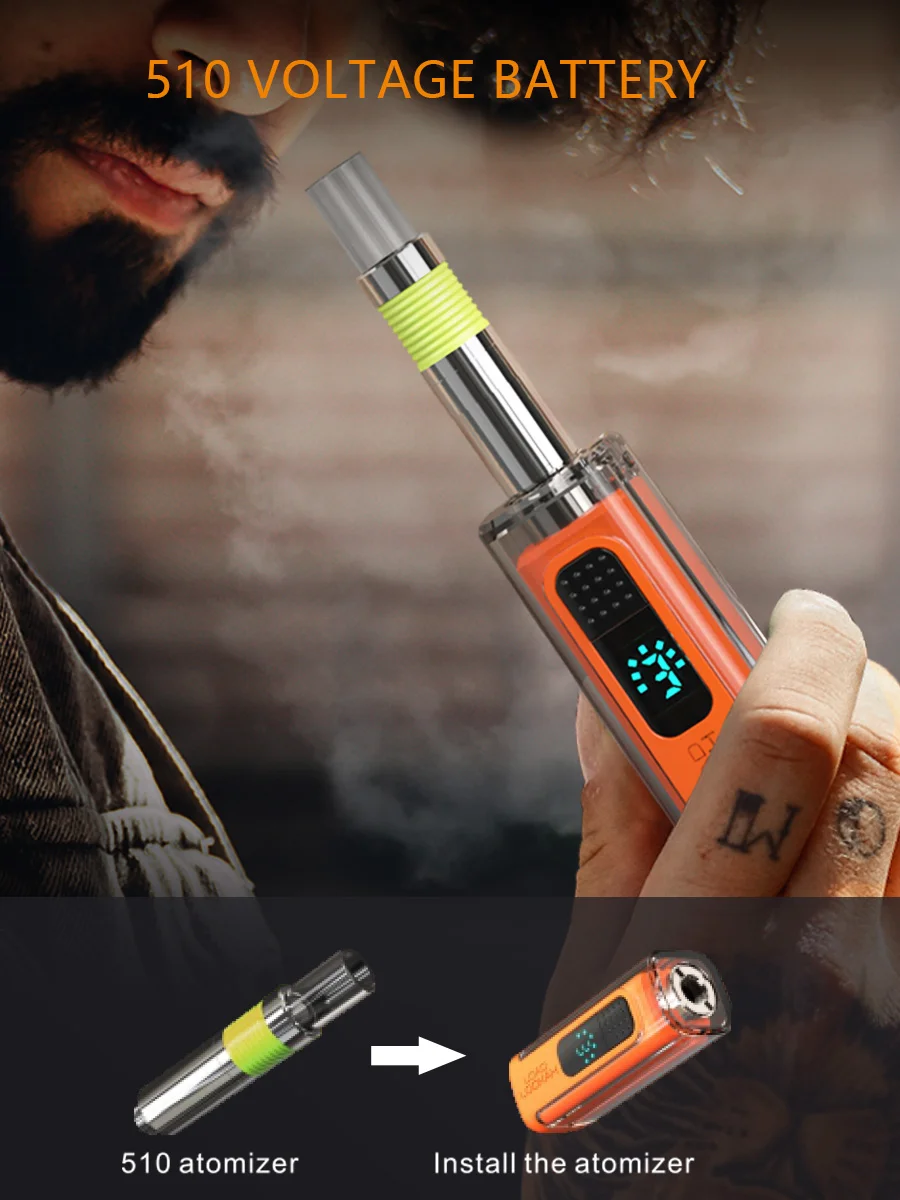
Understanding the Level 5 Diploma in Leadership and Management for Residential Childcare
The Level 5 Diploma in Leadership and Management for Residential Childcare is a crucial qualification designed for individuals aspiring to take on leadership roles within residential childcare settings. It provides essential training that covers a wide range of topics necessary for effective management and leadership in the childcare sector. This diploma not only equips learners with theoretical knowledge but also offers practical skills needed to lead teams and improve childcare practices.
This qualification is recognized across the childcare industry, particularly within the UK, where regulations ensure that individuals in managerial positions adhere to high professional standards. For those looking for comprehensive level 5 diploma in leadership and management for residential childcare answers, understanding the qualification, its importance, and the competencies developed through the course is essential.
Overview of the Qualification
The Level 5 Diploma is part of the RQF (Regulated Qualifications Framework) and is specifically tailored for those working with children and young people in residential care settings. Typically taking between 12 to 18 months to complete, it comprises various units that cover key aspects of leadership and management, child development fundamentals, and legislation associated with childcare.
The diploma is designed for individuals who already have significant experience in the childcare sector and are looking to step into management roles. It lays the groundwork for effective leadership behaviors and equips students with tools to support their teams effectively.
Importance of Leadership in Residential Childcare
Leadership plays a pivotal role in ensuring the safety, development, and well-being of children in residential settings. Strong leadership practices are essential for fostering an environment that prioritizes child welfare and promotes positive outcomes. Effective leaders in childcare demonstrate the ability to:
- Establish clear policies that guide care practices.
- Encourage open communication and collaboration among team members.
- Implement safeguarding measures to protect children from harm.
- Foster an inclusive and supportive environment for both staff and children.
- Evaluate and improve services, ensuring they meet legislative requirements.
By developing leadership competencies, professionals are better equipped to inspire their teams and ensure that the settings they manage are not only compliant but also nurturing and growth-oriented for the children in their care.
Key Competencies Developed Through the Course
Throughout the Level 5 Diploma program, students will cultivate several essential competencies, including:
- Strategic Leadership: Understanding how to set objectives, make informed decisions, and inspire a diverse team towards common goals.
- Communication Skills: Enhancing verbal and written communication to effectively convey information and collaborate with various stakeholders.
- Compliance and Safeguarding: Gaining in-depth knowledge of laws and regulations, with practical applications to implement safety measures in childcare settings.
- Team Management: Learning techniques to lead, support, and develop professional relationships within teams.
- Resource Management: Acquiring skills to oversee budgets, allocate resources efficiently, and manage logistics related to childcare services.
Core Units of the Diploma: Insights and Answers
Unit 1: Understanding Child Development
This unit serves as the foundation for understanding the holistic nature of child development, exploring various theories and practices that define how children grow and learn. Key focuses include:
- Developmental milestones across different age ranges and how to support each stage.
- Recognizing the impact of family, community, and cultural influences on child development.
- Assessment strategies for observing and documenting developmental progress.
Through this knowledge, students will be able to tailor their approach to meet the unique needs of each child, fostering an environment conducive to growth.
Unit 2: Leadership and Management Strategies
This unit hones in on the essential leadership and management strategies within residential childcare settings. It covers:
- Styles of leadership and their applicability in different scenarios.
- Conflict resolution techniques and how to foster a collaborative environment.
- Performance management strategies to motivate and develop staff effectively.
By embracing these strategies, managers can enhance their effectiveness, drive team performance, and maintain high standards of care.
Unit 3: Working with Others in a Care Environment
Effective collaboration in childcare settings is fundamental to creating a positive experience for children and families. This unit focuses on:
- Building partnerships with parents, families, and external agencies.
- Interprofessional collaboration methods and navigating the complexities of interdisciplinary teams.
- Promoting a culture of inclusion where every voice is heard and valued.
This unit is crucial for ensuring that all aspects of child care are communicated effectively, from policy updates to everyday care practices.
Assessment and Grading Criteria Explained
Types of Assessments in the Diploma
- Portfolio of Evidence: Students collect samples of their work, demonstrating their understanding and application of the course content.
- Written Assignments: These assignments require learners to critically evaluate topics covered in their studies.
- Professional Discussions: Facilitated discussions with assessors to evaluate understanding of key concepts and how they can be applied in practice.
These assessment types provide a comprehensive evaluation of the learner’s knowledge and skills.
Grading Criteria and Expectations for Learners
Grading typically follows a criterion-referenced approach where the assessment is based on predefined standards rather than comparative metrics. Grading is based on:
- Quality and depth of understanding.
- Ability to apply knowledge in realistic or practical settings.
- Completeness and professionalism in submission formats.
Students are expected to demonstrate not only theoretical knowledge but also practical applications of their learning, preparing them for real-world challenges in childcare management.
Common Challenges Faced During Assessments
While pursuing the Level 5 Diploma, students may encounter several challenges, including:
- Time Management: Balancing studies, work commitments, and personal life can be daunting.
- Understanding Complex Topics: Some units may delve into intricate theories or legislation that require thorough comprehension.
- Building a Portfolio: Compiling evidence to showcase competence may feel overwhelming without a clear strategy.
To overcome these challenges, it is recommended that students set realistic timelines, utilize resources such as study groups, and seek feedback regularly from assessors.
Resources and Study Aids
Recommended Books and Study Materials
An integral part of succeeding in the Level 5 Diploma is identifying quality resources. Some recommended texts include:
- “Leading and Managing in Children’s Services” by McGough, L. – A comprehensive guide that emphasizes management best practices in childcare.
- “Child Development” by Santrock, J. – This book dives deep into developmental theories and their application in practice.
- “The Safeguarding Handbook” by Tim B. Watson – An essential resource that delves into the legislation surrounding child protection.
Online Resources for Further Learning
In addition to textbooks, various online platforms offer courses and materials to assist learners:
- NVQ Answers – Offers practical examples and targeted resources for diploma students.
- Coursera and FutureLearn: Provide access to online courses from accredited institutions related to leadership and management in childcare.
- Childcare Network: Offers insightful articles, updates, and policy changes relevant to the field.
Study Groups and Discussion Forums
Collaborating with peers can significantly enhance understanding and engagement. Consider joining study groups or online forums such as:
- Facebook Groups: There are numerous groups focused on childcare and educational leadership where practitioners share insights and resources.
- Local Community Centers: Often host discussions or meet-ups for professionals in the childcare sector.
- LinkedIn Groups: A business-oriented platform that can connect you with professionals and experts in residential childcare.
Future Opportunities Post-Diploma
Career Paths for Graduates
Upon completing the Level 5 Diploma, numerous career opportunities open up, including:
- Residential Care Manager
- Operations Manager for Childcare Organizations
- Independent Childcare Consultant
- Trainer and Assessor for Future Childcare Professionals
Each of these roles requires strong leadership and management skills, making this qualification vital for aspiring professionals.
Continuing Education and Further Qualifications
Many graduates also opt to further their education by pursuing additional qualifications, such as:
- Master’s Degrees in Child Development or Educational Leadership.
- Specialist certifications in areas like therapeutic care or child psychology.
Continued education helps professionals stay current with industry trends and enhance their expertise.
Importance of Networking in the Childcare Sector
Building a strong professional network is crucial for career development. Engaging with fellow professionals provides:
- Opportunities for mentoring and coaching.
- Access to job prospects and partnerships.
- Shared knowledge and best practices that promote personal and professional growth.
Participating in conferences, workshops, and community events can greatly enhance networking opportunities within the childcare sector.







